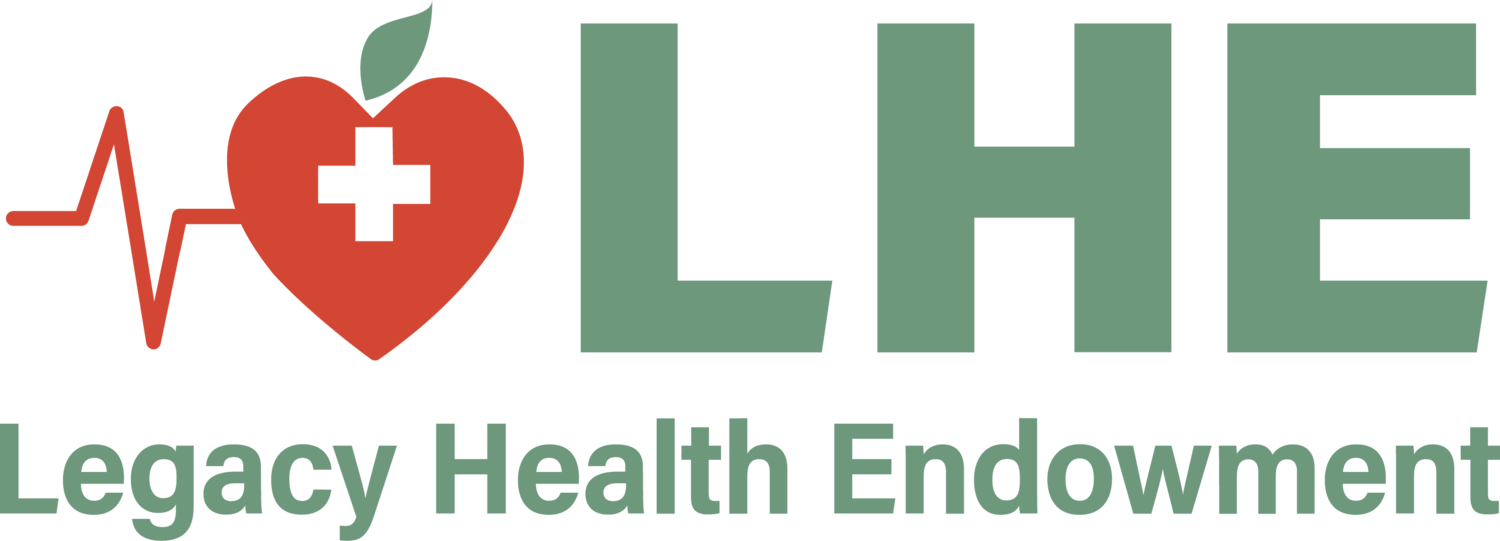Experts warn that social media is harmful to young people. What Stanislaus parents can do.
Growing concerns over the negative impacts of social media on children prompted the nation’s top medical official to release a health advisory in May to protect kids. Now, a health foundation in Stanislaus County has come out with parental guidelines for social media and video games. “Our children have more access than ever before to social media and video gaming sites,” Legacy Health Endowment CEO Jeffrey Lewis said in a news release about the creation of the guides. “It is up to us as parents to help manage their screen time, know what they are doing, put in place the proper safety measures and protect them from harm.”
U.S. Surgeon General Dr. Vivek Murthy, who issued the national advisory, said there isn’t enough evidence to conclude social media is safe for kids. And there is increasing evidence of harmful effects to young people’s mental health. Some surveys have shown positive benefits of social media use, with large majorities of young people reporting it helps them feel more accepted, gives them platforms for displaying creativity, keeps them connected with friends and makes them feel supported by people in difficult times. At the same time, many children are exposed to bullying, sexual content, harassment and violent images, the surgeon general said.
The effects of social media on young people may depend on cultural and socioeconomic factors and how much time they spend on sites such as Instagram, Snapchat and TikTok. Those using social media more than three hours a day are twice as likely to struggle with mental health symptoms such as depression and anxiety, according to recent research. Up to 95% of teenagers are on social media, and more than a third report almost constant use, at a time in their lives when mental development is at a critical stage. Health experts say other negative effects are dissatisfaction with their body, appearance or social status, disordered eating and low self-esteem.
In surveys, 46% of youth ages 13 to 17 reported negative body image, while 40% said it didn’t make a difference either way. Only 14% said social media made them feel better about their bodies. The reported health impacts of negative social media experience include disrupted sleep, depression, poor self-image, anxiety, addiction and even suicide. “We are in the middle of a national youth mental health crisis, and I am concerned that social media is an important driver of that crisis — one that must be urgently addressed,” Murthy said in issuing the health advisory.
The surgeon general said more research is vital to getting a better understanding, but he recommended that policymakers strengthen safety standards to protect children and also promote digital literacy and approve funding for research. Murthy urged tech companies to assess the impacts of their products on children. He advised parents to:
Report problematic content.
Teach their kids about responsible online behavior.
And establish “tech-free zones that foster in-person relationships.”
According to Legacy Health Endowment, the warning signs are there but many parents are not fully prepared for potential threats of cyberbullying and online predators.
The Turlock-based nonprofit foundation has a mission to improve the health and healthcare for residents in Stanislaus and Merced counties. The parental guides it created for social media and video gaming can be downloaded for free at www.legacyhealthendowment.org.
Legacy is working with school districts and community groups to offer the guides to parents, and also is using its social media platforms to connect with parents. The guides include information about popular social media sites and gaming portals, as well as practical tips and detailed advice on safeguarding children. To guard against predators, parents are advised to teach adolescents to conceal their age and name when setting up online accounts for games. The guides show how to adjust privacy settings, filter content on Snapchat and how to keep kids from seeing the “adult” content on Reddit. The gaming guides are in English and in Spanish. The parental social media guides also are in English and in Spanish.
Read more at: https://www.modbee.com/living/health-fitness/article276768736.html#storylink=cpy


